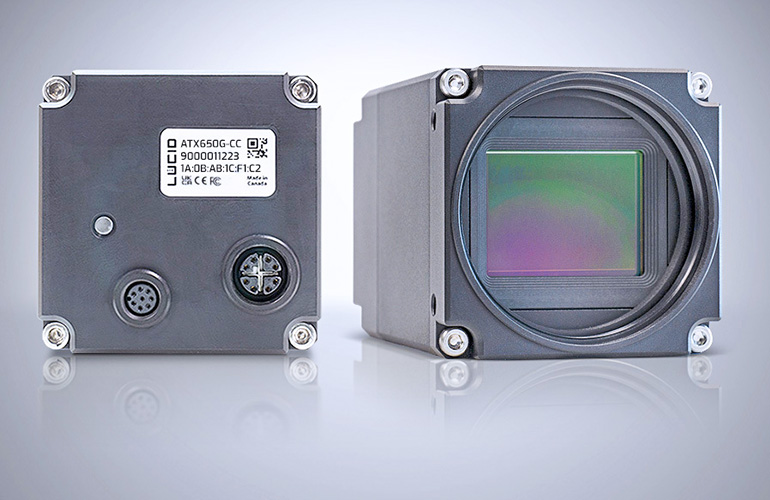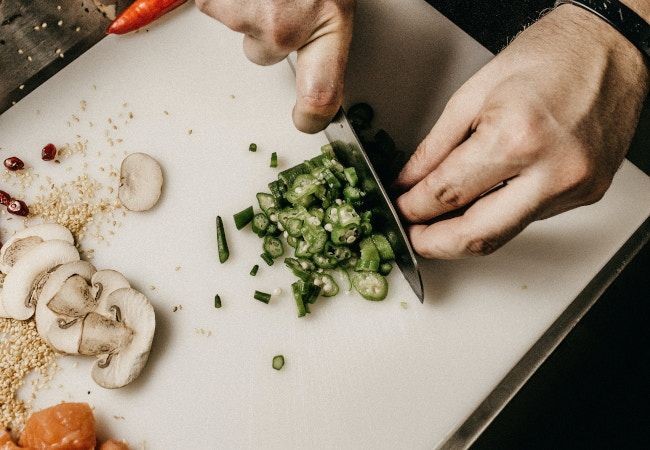Ever waited in line for a burger that took forever to make and still came out messy? Those days might be numbered, thanks to some impressive new robot chefs in California.
The 27-Second Perfect Burger
In Los Gatos, an upscale neighborhood in Silicon Valley, a restaurant called BurgerBot is making waves with its high-tech approach to America's favorite fast food. Here, robot arms assemble burgers with incredible speed and precision—just 27 seconds from start to finish.
These aren't just any robots. The restaurant partnered with ABB Robotics to install a system using IRB 360 FlexPickers and YuMi cobots (collaborative robots). These mechanical chefs handle everything from applying the patty to adding cheese, lettuce, and sauce with surgical precision.
"It's like watching a perfectly choreographed dance," says Maya Williams, a first-time customer. "The robot never gets tired, never sneezes, and makes my burger exactly the same way every time."
Consistency Is King
Anyone who eats fast food knows the frustration: your burger looks nothing like the picture on the menu. Sometimes it's rushed and sloppy, especially during busy hours when human chefs are under pressure.
Robot chefs solve this problem completely. Every burger comes out identical—with ingredients placed precisely where they should be, in the exact right amounts. No more overloaded sides or sauce dripping everywhere.
"The robots don't get stressed during the lunch rush," explains BurgerBot's manager Carlos Diaz. "Whether you're the first customer of the day or part of a huge dinner crowd, your burger gets the same careful assembly."
Humans Still Run the Show
Despite the robotic kitchen, BurgerBot hasn't laid off any staff. The restaurant keeps a full team of human employees who handle everything else. The robots focus solely on repetitive tasks: chopping meat, grilling patties, assembling ingredients, and transferring completed burgers to trays.
From there, human servers take over, bringing food to tables and making sure customers have everything they need.
"Our technology brings industrial quality and stability to the restaurant business," says Mark Segura, president of ABB Robotics. "Robots free staff from routine tasks and allow them to focus on creating a pleasant experience for guests."
Workers Welcome Their Robot Colleagues
Surprisingly, most restaurant workers aren't afraid of their new mechanical coworkers. In a survey of 1,250 food service workers conducted by ABB, 67% supported the idea of having robots handle boring and dangerous tasks. Even more—63%—were happy that robots could make their own jobs easier.
"I don't miss flipping burgers all day," says Jaime Martinez, who worked at BurgerBot before and after the robots arrived. "Now I spend more time talking with customers and making sure they're happy, which is much more rewarding."
While BurgerBot shows a positive side of automation, there are broader concerns. The World Economic Forum predicts automation and AI could eliminate about 92 million jobs worldwide by 2030. The most vulnerable positions include cashiers and fast food preparation—especially roles that are repetitive and don't require advanced social skills.
For now, though, BurgerBot offers a glimpse of how humans and robots might successfully work together in the food industry. Robots handle the precision and repetition, while humans focus on creativity and customer connection.
The next time you're in Silicon Valley craving a perfectly assembled burger in under 30 seconds, you know where to go—just be prepared to thank both the mechanical and human teams making it happen.


















